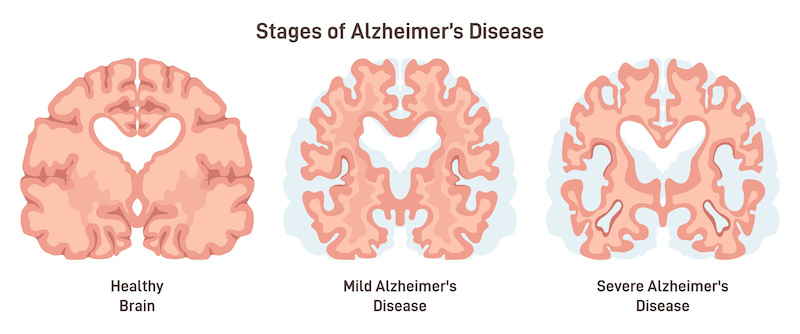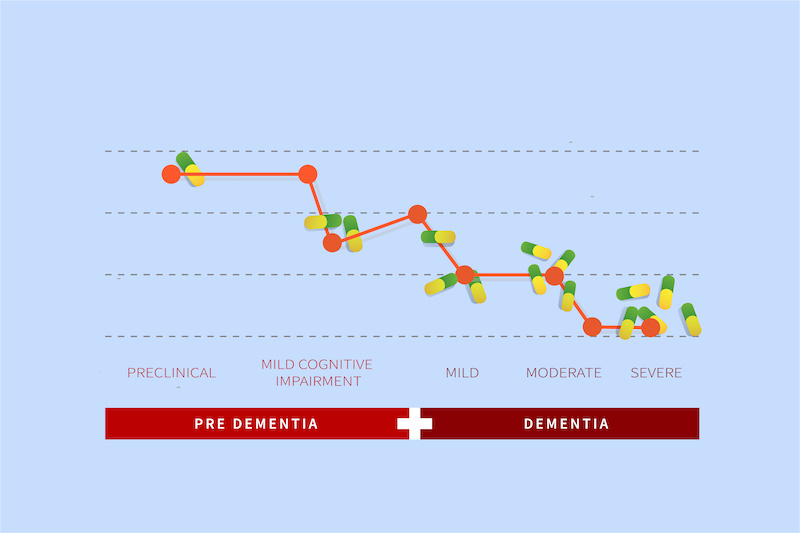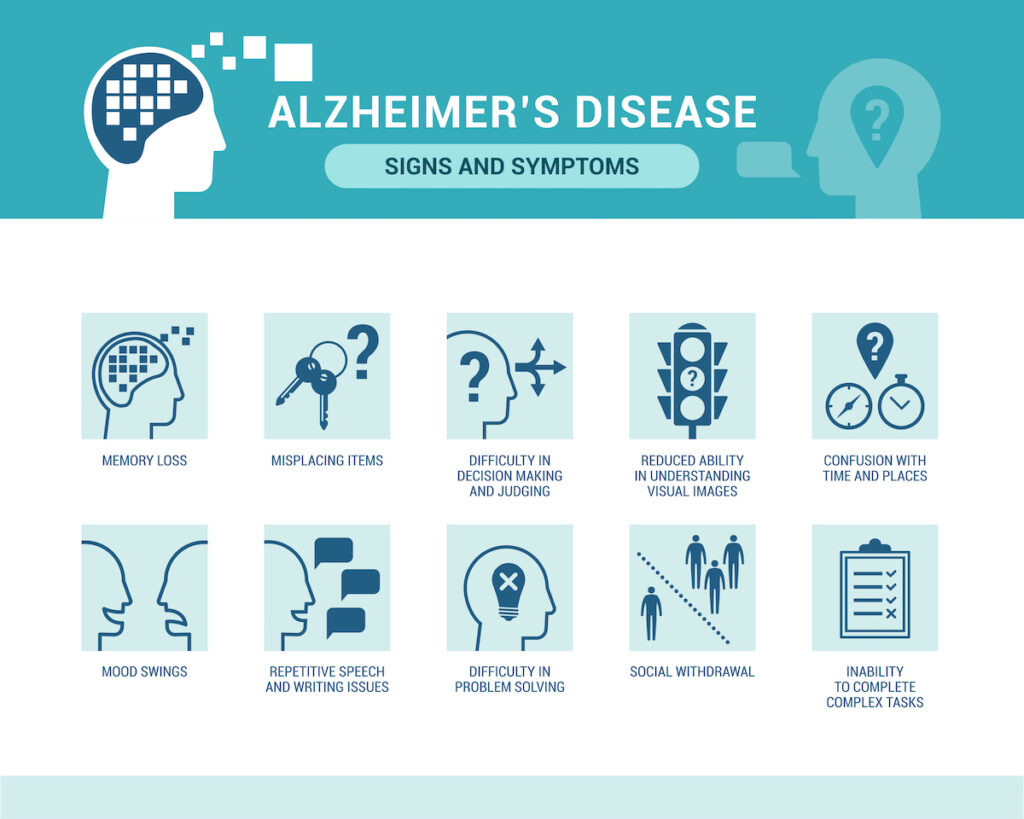 Dementia is a general term for a decline in mental function severe enough to interfere with daily life. It’s a progressive condition, meaning it gets worse over time. While there are many types of dementia, Alzheimer’s disease is the most common.
Dementia is a general term for a decline in mental function severe enough to interfere with daily life. It’s a progressive condition, meaning it gets worse over time. While there are many types of dementia, Alzheimer’s disease is the most common.
Types of Dementia Stages
Alzheimer’s Disease: The most common type, it gradually destroys memory and thinking skills.
Vascular Dementia: Caused by blood vessel damage, it can occur suddenly or gradually.
Lewy Body Dementia: Characterized by fluctuations in attention and alertness, visual hallucinations, and motor problems like Parkinson’s disease.
Frontotemporal Dementia: Affects personality, behavior, and language.
Mixed Dementia: A combination of Alzheimer’s and vascular dementia.
 Prevalence of Dementia
Prevalence of Dementia
The prevalence of dementia increases significantly with age. While exact numbers vary by region and study, it’s estimated that around 50% of people aged 85 and older have dementia.
Mild Cognitive Impairment (MCI) and Estate Planning
Before a full-blown dementia diagnosis, many individuals experience mild cognitive impairment (MCI). This is a stage where memory and thinking skills decline more than expected for normal aging but not enough to interfere with daily life.
People with MCI often still have the mental capacity to understand and participate in estate planning. This is crucial because as dementia progresses, decision-making becomes increasingly difficult.
The importance of early estate planning cannot be overstated. The longer you wait, the more complex and challenging the process becomes. As dementia advances, an individual may lose the capacity to understand the implications of legal documents, making it impossible to create or modify an estate plan.
 Legal Considerations in Dementia Stages
Legal Considerations in Dementia Stages
To ensure the validity of an estate plan for someone with cognitive decline, estate planning attorneys often require a doctor’s note confirming the individual’s mental capacity. This documentation is essential to protect the plan from potential challenges. It’s important to consult with an estate planning attorney as soon as possible if you or a loved one is experiencing cognitive changes. They can guide you through the process, ensuring your wishes are protected.
Remember: Early planning is key. By addressing estate planning while an individual still has mental capacity, you can alleviate future stress for the family and ensure the smooth distribution of assets.
Disclaimer: This blog post is intended for informational purposes only and does not constitute legal or medical advice. Please consult with an attorney or healthcare professional for guidance on your specific situation.
About Walnut Creek Elder Law in Walnut Creek, California

Michael J. Young is an experienced elder law, estate planning and asset protection planning attorney in Walnut Creek, CA. Mr. Young advises his clients regarding their estate planning needs with an emphasis on asset protection, Medi-Cal qualification, and preservation of assets for various levels of their care as they get older. Mr. Young’s journey into elder law began when his mother suffered from an acute injury that required her to be in a skilled nursing facility. He is co-author of the book, Don’t Go Broke in A Nursing Home and is the author of the “Alzheimer’s Legal Survival Guide.” Mr. Young presents monthly workshops in Walnut Creek regarding estate planning, asset protection, and Medi-Cal planning. He has helped many clients over the years successfully qualify for Medi-Cal and has protected their assets from state recovery. Call today to schedule a consultation (925) 256-0298.

